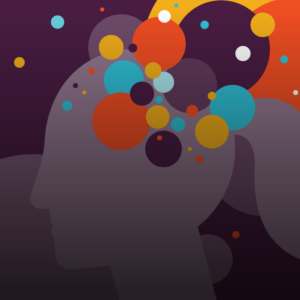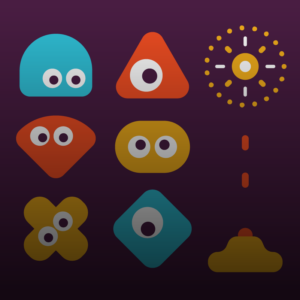Have you ever wondered how a bad hiring decision is made? Although we try to hire the most suitable candidate, sometimes bad hiring decisions are made. But this isn’t by coincidence, here are some factors that can influence a hiring decision.
Was there bias at play?
Humans unconsciously process 11 million pieces of information per second. In order to manage this mass of data, our brains have had to adapt by creating ‘shortcuts’ to help us make decisions. Without this, we would be paralysed into making no decisions or just random ones. This is cognitive bias. Here are the 4 reasons why bias could influence a hiring decision.
- Too much information – Too many great applicants? Or maybe an applicant’s supporting statement is far too long. If there is too much information humans are drawn to details that support their existing beliefs. For example, Harvard Business School discovered employers aren’t prejudiced against women because of their gender, but because they have the perception that men perform better in certain tasks.
- Lack of information – In contrast, when there isn’t enough information our brain fills in the gaps. This includes filling in characteristics of a person or a group from prior history or stereotypes.
- The need to act fast – Did the position need to be filled quickly? When we need to make a decision quickly we tend to choose the option that is the least risky to avoid mistakes and preserve our status in a group.
- What should we remember? In a world packed with information, our brains need to decide which elements will prove useful in the future. Our minds have created a few methods to enhance storage space, for example, the brain prefers generalisations over specifics because they take up less space.
Was the recruiter in a bad mood?
However hard we try to prevent it, our emotions are still a key influence when we make a decision. We know from research, as well as from experience, that it is generally a bad idea to make promises when in a good mood and major decisions when in a bad mood. It is harder to rationalise when we are experiencing negative emotions. The brain is focused on how angry or sad we are instead of the decision at hand.
What time of day was it?
Humans have natural energy highs and lows throughout the day which can impact the decisions they make. This study found that judges would give harsher sentences before their lunch break and were more favourable after, despite the cases being similar. Depending on the time of day a recruiter could make the wrong hiring decision because their energy is low.
There were too many factors at play
According to this study, we can only take 7 elements into consideration at once. It might be challenging to make the best decision if there is more than 7 equally qualified candidates for a job, or more than 7 important personal qualities detailed in the personal specification.
However there is a way to ensure that you make the best decision, regardless of how many factors are at play. A platform like Cognisess Pro is able to consider up to 120 attributes in relation to a candidate’s suitability for a role. This is a lot more information than a human can process. The platform then can present it’s findings in a condensed way to aid HR’s decision making.
Harness the power of technology
We can’t control the world around us. Sometimes our environment will influence our decisions and other times it could be our unconscious bias, an inherent part of being human. Although we can’t prevent these factors we can ensure they don’t allow you to make a bad hiring decision. Technology is free from human qualities like unconscious bias and energy levels, therefore it can be used as a tool to help us navigate a tricky hiring decision.
Book a demo with us today if you would like to discuss how Cognisess Pro can help you hire the right person every time.


